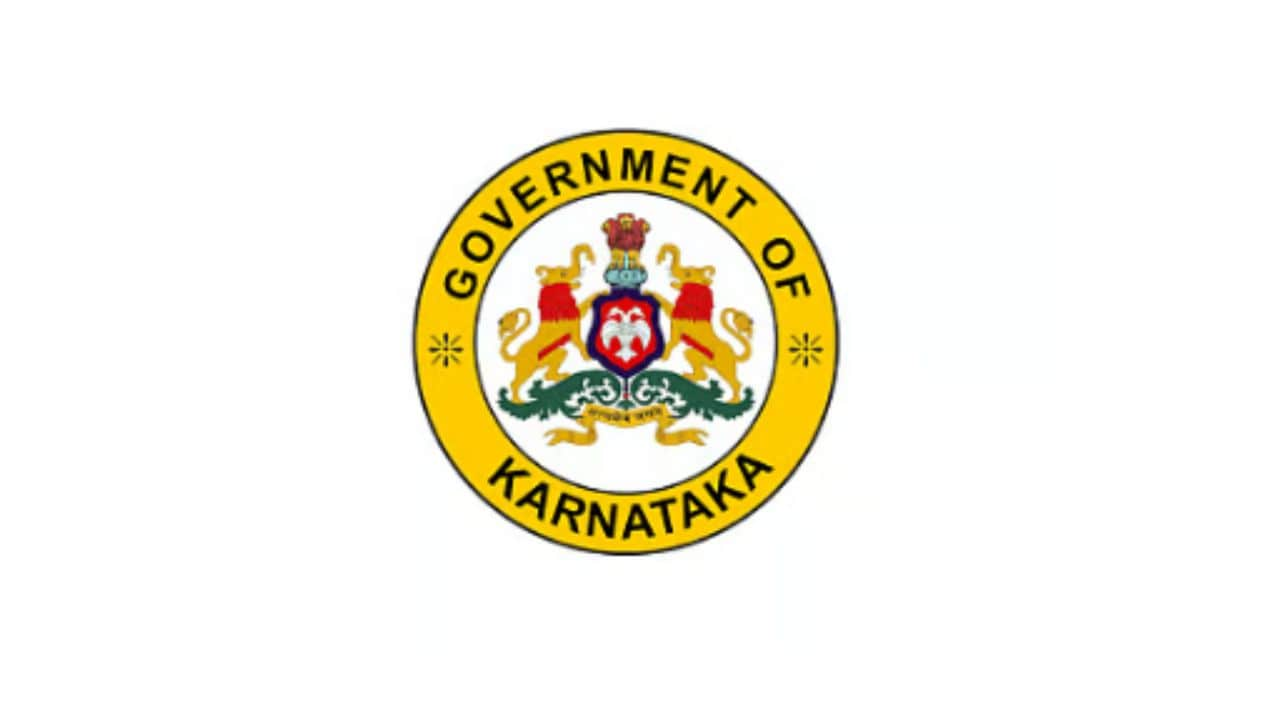As Karnataka positions itself to introduce a comprehensive regulatory framework for online gaming by the end of this year, a key question emerges among stakeholders: will the state government withdraw its ongoing appeal in the Supreme Court concerning ban on online skill based games played for stakes in the state?
This legal and policy entanglement has its roots in 2021, when the Karnataka government passed the Karnataka Police (Amendment) Act, which sought to prohibit all forms of online gambling except for lotteries and horse racing. Significantly, the bill erased the distinction between games of skill and games of chance, bringing skill-based online games under its restrictive purview. This move sent ripples across the rapidly growing gaming sector, especially among startups relying on the legal classification of skill-based games to operate.
However, in a major judicial pushback, the Karnataka High Court struck down most provisions of the amendment in February 2022, deeming them unconstitutional. Rather than accepting the verdict, the state government escalated the matter to the Supreme Court. The apex court, in turn, issued notices to various gaming companies and industry associations, initiating a legal standoff that continues to this day.
Yet, the state’s current regulatory pivot signals a possible shift in approach. In recent developments, the Karnataka government has shown a willingness to distinguish between legitimate skill-based gaming and illegal betting activities. This shift has created a perceived contradiction between the state’s policy direction and its pending legal challenge in the Supreme Court.
Flagging this inconsistency, Jay Sayta, a technology and gaming lawyer, acknowledged the government’s recent outreach to the gaming industry as a “welcome step in the right direction.” He praised efforts to frame a balanced policy that encourages legal skill-based gaming while cracking down on illegal offshore operations. However, Sayta also called on the government to clarify its stance on the earlier legislation—the very act that was struck down by the High Court and is now under challenge in the Supreme Court. He argued that continuing to pursue the appeal, despite the government’s shifting recognition of skill-based games, undermines its own legislative intent.
Echoing this sentiment, a representative from the RMG industry emphasized the need for clarity and consistency. He confirmed that the government has agreed to hold consultations with federations and operators while preparing the draft legislation—a significant departure from the opaque policy-making seen in states like Tamil Nadu.
Another industry operator, speaking anonymously, stressed that ideally the government should withdraw the Supreme Court appeal before proceeding with the new law. “It all depends on what direction the government ultimately takes, but engaging stakeholders at this stage is a much-needed and promising change,” he noted.
This shift was underscored by an important meeting on April 8, where key representatives from the All India Gaming Federation, the Federation of Indian Fantasy Sports, and the E-Gaming Federation met with Karnataka’s Home Minister G. Parameshwara and IT-BT Minister Priyank Kharge. The meeting signalled the government’s commitment to form a law that both supports the gaming ecosystem and imposes necessary legal constraints.
Storyboard18 was first to report about the meeting of stakeholders and Karnataka government regarding gaming regulations.
Read More: Tamil Nadu’s regulatory model not a fit for Karnataka, RMG stakeholders tell govt
Following the meeting, Home Minister G Parameshwara revealed that a committee has been tasked with preparing a draft within a month. He emphasized the lack of existing regulation and the industry’s openness to adopting a licensing system under a formal legal framework. “I chaired a meeting regarding online betting and gambling along with the information technology (IT) minister. Representatives from the industry were called. There is nothing to regulate them so far. They have agreed to the introduction of a licence system and regulation as per law,” he said.
Meanwhile, IT-BT Minister Priyank Kharge stressed the urgency of establishing legal oversight. With India now home to over 520 million gamers—making it the largest gaming community globally—Kharge emphasized the need to protect users from fraud and revenue loss, particularly from games hosted on offshore servers in countries such as China and those in Eastern Europe.
Despite the central government imposing a 28% GST on online gaming, the industry continues to grow, welcoming 23 million new gamers last year alone. This growth, while promising, also presents regulatory and legal challenges that the Karnataka government must navigate carefully.
As Karnataka moves toward drafting new legislation, the contradiction between its progressive policy tone and its pending Supreme Court case raises a critical question: can the state credibly support and regulate an industry it simultaneously challenges in the country’s highest court? For stakeholders, legal experts, and policymakers alike, the answer will likely shape the future of online gaming not just in Karnataka, but across India.
